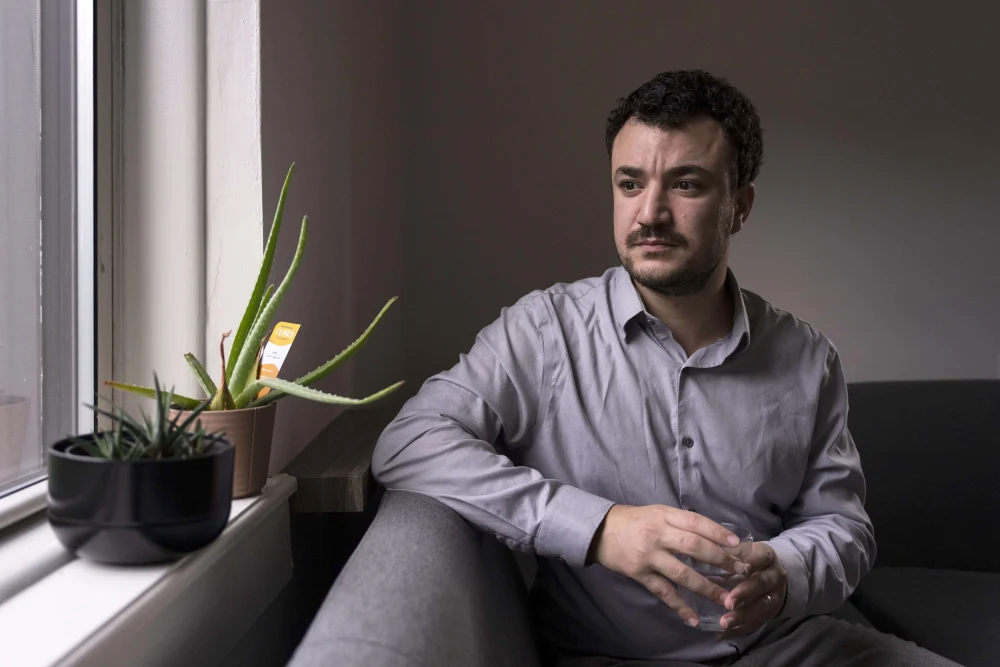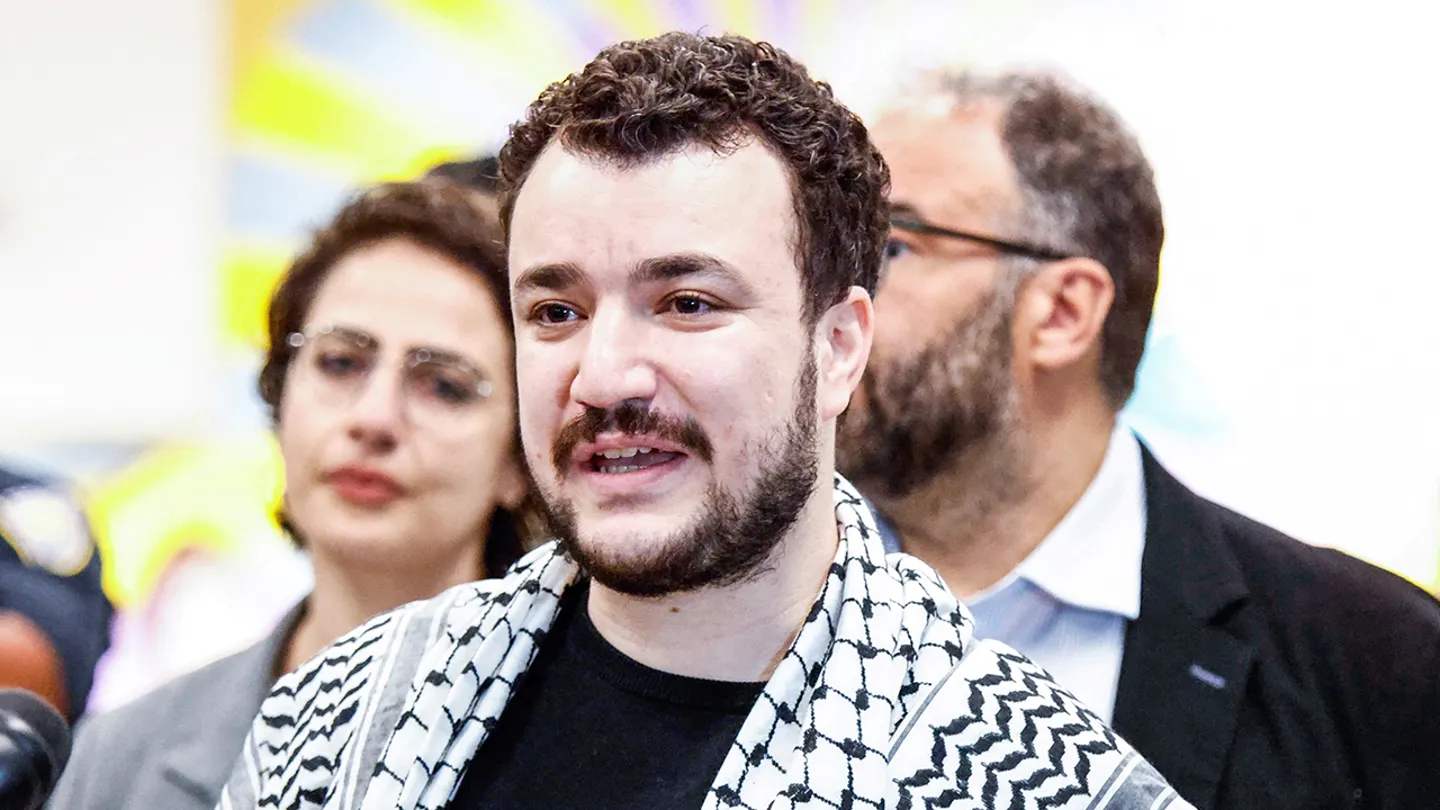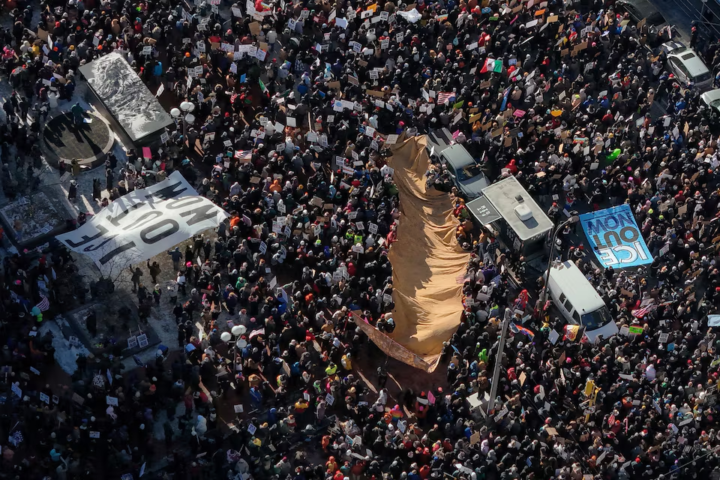Deportation Order and Basis
A judge in Louisiana decided Mahmoud Khalil, a legal resident originally from Algeria, must return to Algeria or Syria. Judge Jamee Comans made a decision on September 12, 2025. She found Khalil deliberately gave false information on his application to become a permanent resident.
Records from the court reveal Khalil left out details on his application for permanent residency, specifically information about past jobs, groups he belonged to. The judge believed he left things out on purpose, thinking it would help him get legal permission to stay. If someone applying for a green card hides information or isn’t truthful about important details, immigration law lets the government remove them from the country.
Homeland Security officials claimed Khalil left out important details, which they believe damaged the fairness of the immigration process. The government also expressed worry his staying could create problems for relationships with other countries. This reason for asking him to leave is not often used, yet the law allows it. Khalil has lived in the country legally for quite a while, he is also married to someone who is a U.S. citizen. He, his wife, also have a young son. The son was born in the US. Even with those connections, the judge decided his false statements were more important than any compassionate reasons. This decision allows authorities to send him back to Algeria, where he was born, or to Syria, a country where he is also a citizen.
Legal Disputes and Appeal
Lawyers for Khalil said they will challenge the ruling in a higher court. People claim the mistakes weren’t intentional, immigration rules let people correct errors if deporting them would create significant difficulty for their American husband, wife, or children. They believe Khalil is eligible for this help.
A lawsuit makes things trickier because of another case about rights happening in federal court. A few months ago, the United States…. Judge Michael E. is a district judge. A judge in New Jersey stopped authorities from holding or sending Khalil away while his legal case moves forward. Khalil believes the government is going after him because of what he says politically, especially his support for Palestinians, also his demonstrations at Columbia University. Judge Farbiarz decided sending Khalil away before his legal issues are settled might go against his rights under the Constitution.
This court order stops immigration officials from carrying out the deportation right away. Khalil’s lawyers will challenge the decision through the immigration process. They will also take his civil rights case to federal court. The result probably depends on if other courts think his statements are allowed, if his failures to disclose information actually count as dishonest behavior. Currently, Khalil lives in the United States with legal safeguards. People who support him say the legal action tries to stop people from speaking out politically by using immigration rules. People who disagree with him say the decision shows it is a big deal to be dishonest on immigration paperwork, no matter the political situation.

Broader Implications
The situation involving Khalil sparked discussions about immigration, speaking freely, the right to protest within the country. People defending rights, along with those protecting freedoms, believe the government tries to penalize political involvement. They note a link between Khalil’s work as an activist, the choice to try to deport him. Experts believe this situation might stop people who are not citizens from joining demonstrations or sharing opinions that some find upsetting.
The government, however, views this simply as a matter of following the law. Government workers emphasize people must fill out immigration forms correctly. They believe mistakes or left-out details are unfair to people who fill out applications correctly.
What happens matters to more people than just Khalil. People are paying close attention to his situation. Universities, groups that help others, lawyers specializing in immigration all believe this case will reveal how speaking your mind affects immigration decisions. If someone is deported, it might show that speaking out against the government, or doing things the government dislikes, can affect your ability to stay in the country. If he wins his cases, the court decision might strengthen safeguards for speaking about politics, restricting the government from using accusations of false statements to go after people who are working for change.
Right now, we don’t know what Khalil will do next. A judge decided to send him away, yet a court order prevents that from happening right now. Decisions from reviews, additional court sessions will decide if he can remain in the country with his family, or if they must depart. This situation will affect his future, also it raises important issues about how America handles speaking freely, disagreeing with the government, with concerns about.









